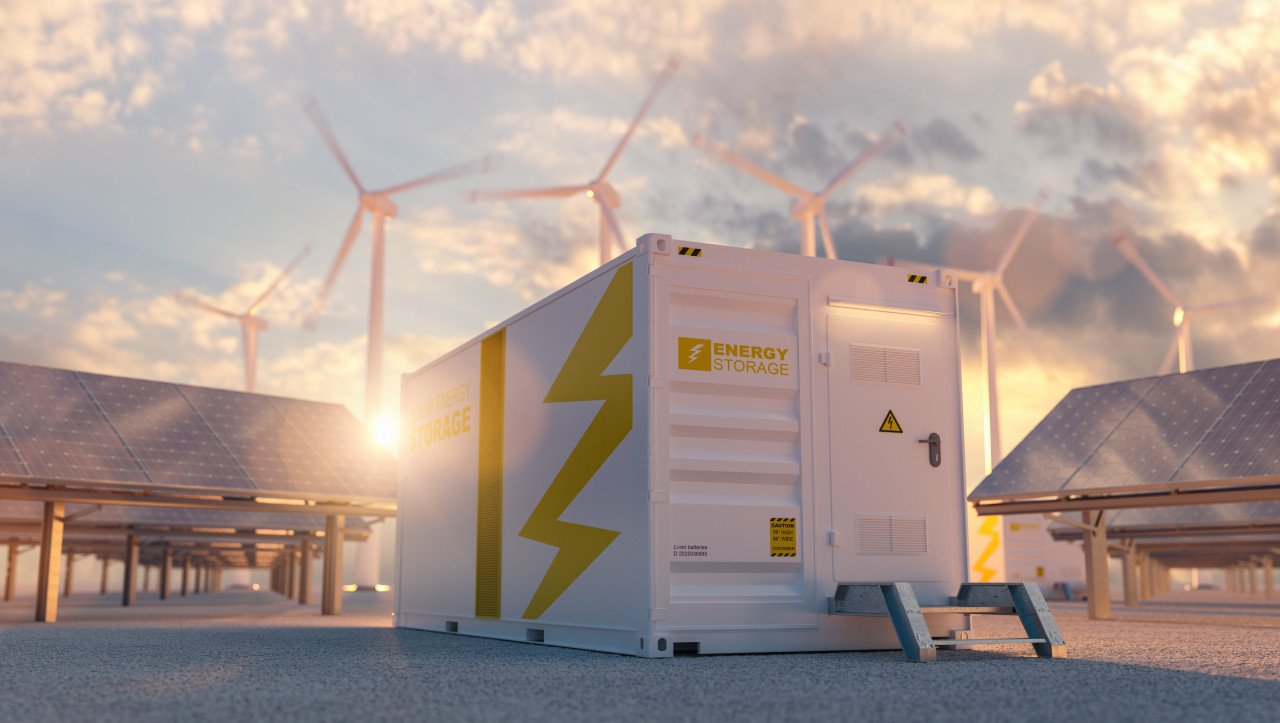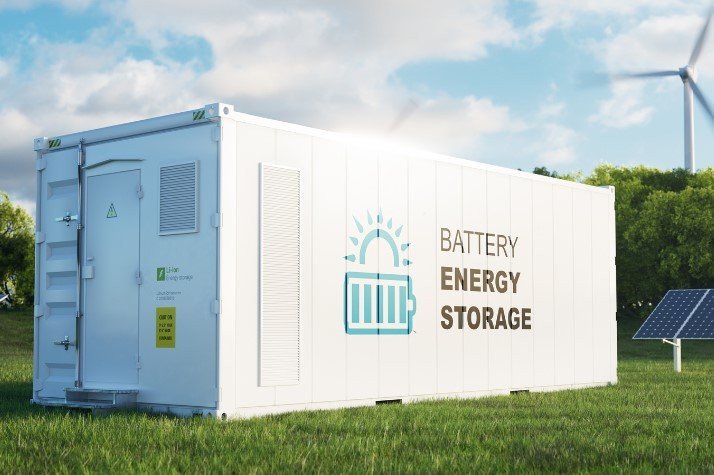Battery storage in ERCOT saved grid over $750 mn during peak demand: Report
A report from Aurora Energy Research has found that the Battery Energy Storage Systems (BESS) in Texas has helped to lessen the impact and cost of extreme weather conditions involving winter storms and record-setting hot summers resulting in extreme power demand that often puts the state's power grid in stress.
In the past three years in Texas, companies have built BESS facilities at a rapid pace. According to the report, BESS have already proven to be a critical component of the state's energy mix by helping the state maintain reliable, cost-effective and dispatchable power in times of high demand.
They have also helped address system dynamics created by intermittent renewable energy and the grid's challenging operating conditions which are exacerbated by harsh weather. The report found that in both regular and extreme conditions, batteries have helped lower system costs while enabling increasing natural gas generation.
"Battery energy storage systems in Texas have come under increasing scrutiny, but our analysis shows batteries have increased reliability and reduced costs for Texans during critical days, such as last January's Winter Storm," said Olivier Beaufils, ERCOT Market Lead at Aurora Energy Research.
"Interestingly, this has not come at the expense of gas-fired generation. In fact, as battery storage systems have been increasingly providing ancillary services in Texas, they have enabled an equivalent amount of natural gas generation to participate in the system, meaning that one GW of newly constructed batteries participating in the ancillary services markets have resulted in about a GW of gas-fired generation coming out of back-up services and moving into the energy markets during periods of system stress", he added.

Global ES market to register 21% CAGR to 137 GW/ 442 GWh by 2030: BNEF -
The report notes that during extreme conditions, BESS helped reduce costs while keeping the lights on. During the January 2024 winter freeze, BESS units saved an estimated $750 million in day-ahead market costs by fulfilling essential ancillary services and freeing up to 3 GW of gas generation to meet critical energy needs and reduce prices.
Throughout the summer and especially on September 6th, 2023, amid extreme summer heat and surging power demand, batteries kept the lights on and averted an emergency load-shedding event by dispatching a peak of 2GW of power when ERCOT reserves were lowest, it adds.
"Batteries store and shift energy, especially inexpensive energy, and convert it to critically useful capacity resources that are dispatchable during the hours of the day when it is most needed," commented Beaufils.
"Theyfulfill an increasing share of Ancillary Services and help ERCOT maintain grid stability during extreme weather events or when large generators or transmission lines suddenly trip offline—a role that has historically been played by natural gas generators", he noted.
Aurora's report primarily relies on an analysis of historical data provided by the system operator ERCOT, including includes installed BESS capacity, market-wide supply, demand, wholesale energy prices and unit dispatch, ancillary service awards, and operating reserves.
The report has used its own modeling and forecast data to provide a forward-looking view of the crucial role that BESS and natural gas will play in maintaining grid reliability as ERCOT power demand grows in the future.






















